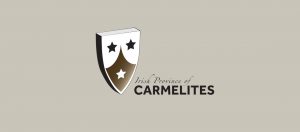
AMRI Statement in response to the publication of the Scoping Inquiry Report
AMRI Statement in response to the publication of the Scoping Inquiry Report into historical sexual abuse in Religious-run Catholic schools from 1927 – April 2023
Welcome to the website of the Irish Province of Carmelites. Please take some time to explore the site, which features a wide selection of news, articles, and other spiritual and intellectual resources.
Carmelites live and work in 26 nations throughout the world. We are teachers, retreat directors, chaplains to hospitals and prisons, in parish ministry, counsellors, spiritual directors, and missionaries.
In Ireland, Carmelites have care of two parishes in Dublin: Whitefriar Street, which is also an important and historic city centre church, and Knocklyon. People come to these and to other Carmelite churches at Kinsale, Kildare, Moate, Terenure College and Gort Muire to share in the celebration of the Eucharist and other religious services.
Irish Carmelites are still committed to education at Terenure College, Whitefriar Street, Third Level and through CIBI (Carmelite Institute of Britain and Ireland), which provides distance-learning courses on Carmelite Spirituality.
Opportunities for sharing and teaching the Carmelite spiritual tradition also arise through preaching, retreats and occasions of special devotion. The Irish Carmelites established a mission in Zimbabwe in 1946. This has now developed into a vibrant presence, with many young Zimbabwean Carmelites.
Here we feature a selection of news stories from across our communities and ministries in Ireland. This section is updated regularly so please check back often for our latest news. To access an archive of all recent news stories please click here.

AMRI Statement in response to the publication of the Scoping Inquiry Report into historical sexual abuse in Religious-run Catholic schools from 1927 – April 2023

The British & Irish Province of Carmelites is hosting an online course for people aged 18 -35. ‘Exploring Carmel’, starts in September 2024 on Zoom. 12 sessions will provide the opportunity to grow spiritually and deepen awareness of God.

The National Board for Safeguarding Children in the Catholic Church in Ireland (NBSCCCI) has completed the Second Review of Child Safeguarding in the Irish Province of Carmelites. The report can be accessed here.
In this section, we feature all the upcoming Carmelite Saints & Blesseds Feast Days. In each case, we provide a very brief story of their lives and contribution both to the Order and society in general, together with a short prayer or reflection. We update this section regularly. For a comprehensive look at all Carmelite Saints and Blesseds, please see here.
In this section, we assemble all the readings for the coming week and provide a useful reflection on their main themes. We update this section on a weekly basis, so please check back regularly. To see more please visit our full year of reflections here.
Ordinary Time – The Seventeenth Week | Readings: Sunday Cycle B; Weekday Cycle I
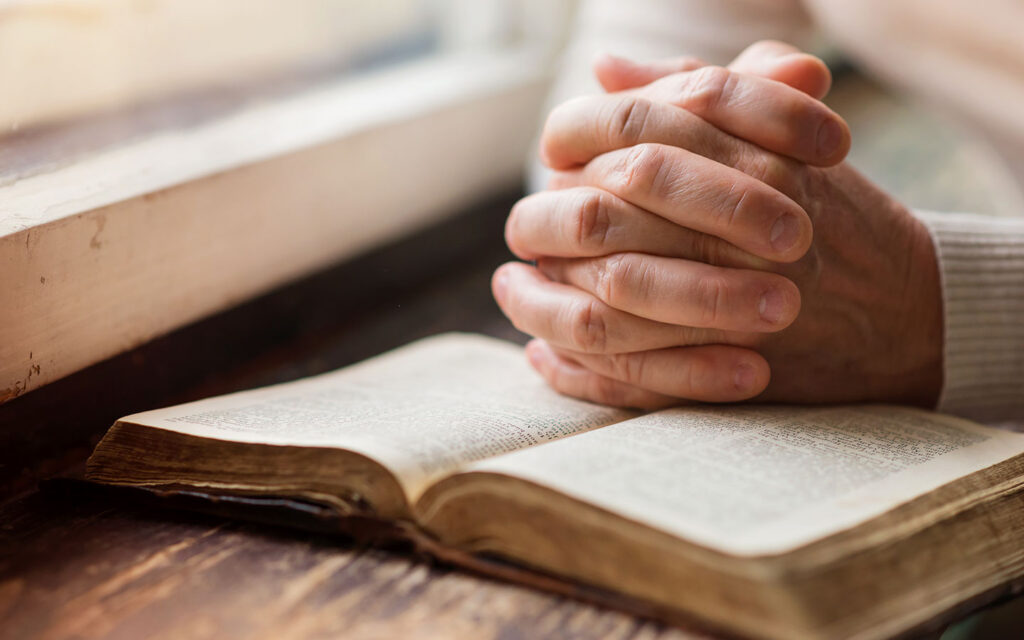
2Kings 4:42-44; Psalm 144; Ephesians 4:1-6; John 6:1-5
Our first reading and our gospel are strongly linked today because they both contain a similar miracle – the feeding of many people with small quantities of bread and fish. In the first reading from the second Book of the Kings we see the prophet Elisha feeding a hundred men with twenty barley loaves which they ate and still had some to spare though they were all satisfied. Our gospel for the coming few weeks comes from the sixth chapter of St John’s Gospel which is often referred to as ‘The Bread of Life Discourse.’ Alone among the gospels, St John’s does not contain the Institution Narrative from the Last Supper and this sixth chapter is seen as a development of the theology of the Eucharist for John and his Community. In today’s passage we see Jesus teaching more than five thousand people who he then them with five barley loaves and two small fish. Again the people eat all they want and are satisfied and still have some left over. We know that Christ feeds us with even greater bread than the people received from Elisha or Christ because we receive Christ’s own body and blood which bring us eternal life rather than the fleeting satisfaction the people received from the barley loaves.
In our second reading, St Paul tells us that there is only one baptism and that we all belong to the one Lord. Therefore, as members of the Body of Christ, we must live in charity and peace but above all we must believe in Christ if we are to receive the eternal life which he promised.
Exodus 32:15-24, 30-34; Psalm 105; Matthew 13:31-35
In our last passage from the Book of Exodus we saw the people saying that they would obey the Lord’s commands and now today we see them worshipping a calf of gold. Moses had been a long time on the mountain and they had complained to Aaron so he made a golden idol for them to keep them quiet. Moses smashes the tablets of the Law – showing that the covenant they made with the Lord has been broken. He then returns to the Lord to seek forgiveness. The Lord tells him that he, Moses, will not be held responsible for the actions of the people for they are the ones that strayed so quickly, but they will be punished when the time comes. In the Gospel we see Jesus continuing to teach through parables. Both of today’s parables refer to the kingdom which begins as a small movement (Christ and his Apostles) and which suddenly grows and is revealed in all its grandeur. We are the leaven in society and without us the kingdom will not grow or flourish and the world will not achieve justice and peace.
Memorial of Sts Joachim & Anne, Parents of Our Lady
These are the names traditionally given to the parents of Our Lady, though nothing is known about them. Anne is the Patron Saint of Canada, women in labour, miners, cabinet-makers and home-makers.
Exodus 33:7-11, 34:5-9, 28; Psalm 102; Matthew 13:36-43
In today’s text from Exodus we see Moses meeting the Lord in the tent of meeting and on the mountain top where he asks the Lord to forgive the stupidity of the people and to take them again as his heritage. Moses spent forty days and nights on the mountain in the presence of God and received again the two tablets of the Law. The Psalm reminds us that the Lord is compassion and love and that he forgives those who have sinned. In today’s Gospel we see Jesus explaining the parable of the weeds, or the darnel, to his disciples. The weeds are the followers of the prince of darkness while the good seeds are the followers of Christ. At the end of time the good will be separated from the bad and the good will enter heaven while the bad will be cast below where there will be weeping and grinding of teeth. This is yet another reminder for us to examine our lives and see where we are for we do not know when judgement day will come for each of us – maybe tomorrow, maybe next year.
Memorial of Blessed Titus Brandsma, Carmelite Priest & Martyr
Anno Sjoerd Brandsma was born at Bolsward, The Netherlands, in 1881, joined the Carmelite Order in 1898 taking the name ‘Titus’, and was ordained priest in 1905. Following studies in Rome he lectured in philosophy at the Catholic University of Nijmegen from 1923 to 1942, where he also served as professor and Rector Magnificus. He was also a journalist and was involved in a number of publications, being appointed ecclesiastical advisor to Catholic journalists in 1935. During the 1930’s he visited Ireland and stayed in Kinsale with the Carmelite Community there – to improve his English – before giving a series of lectures in the United States. Throughout the 1930s Nazi propaganda was on the rise but Fr Titus refused to support or print anything in support of the Nazi regime, working instead to maintain the freedom of the Catholic press and education in the Netherlands. By 1942 it was required that the press in the Netherlands print articles in favour of the Nazi regime but, continuing to refuse, Titus was arrested by the Gestapo on January 19, 1942, and imprisoned in his native country before being sent to the concentration camp at Dachau where he brought comfort and peace to his fellow prisoners. In Dachau he was experimented on in the medical wing and was finally put to death by lethal injection on July 26, 1942.
Exodus 34:29-35; Psalm 98; Matthew 13:44-46
In the first reading from the Book of Exodus, Moses returns to the people with the tablets of the Law. His face is now radiant because he has been in the presence of God and this happens every time he meets with God. Jesus tells us in the Gospel about a man who finds a field with a hidden treasure – he sells everything he has and buys the field. The kingdom of heaven is the most prized possession in existence and if we only realised this we would do all we could to make sure that we too attain it. We do so by believing in Christ, by daily converting to the Gospel and by proclaiming the Good News wherever we go.
Memorial of St Martha
1 John 4:7-16; Psalm 33; John 11:19-27; Luke 10:38-42
Little is known about Martha other than what is recounted in the Gospels. She was the sister of Lazarus and Mary, and a friend of the Lord. She is the sister who frets over the guests while her sister sits and listens to Jesus. She is also the one who addresses Jesus when he arrives following the death of her brother, Lazarus, and who makes her declaration of faith (“I believe you are the Christ, the Son of God, the one who was to come into this world”).
Leviticus 23:1, 4-11, 15-16, 27, 34-37; Psalm 80; Matthew 13:54-58
In our reading from the Book of Leviticus the Lord instructs Moses about the solemn festivals which are to be held by the Jewish people each year – Pesach (the Passover) and Yom Kippur (the Day of Atonement). These are important reminders each year for the people of all that the Lord has done for them. In the Gospel we see Jesus returning to his home town and teaching the people. His ‘old neighbours’ however, dismiss him because they did not want their comfortable little world to be changed. As a result of their lack of faith he could work few miracles. Faith and healing are both gifts from God and if we refuse faith then we also refuse healing. We are all like the Nazarenes at times and need to remind ourselves that it is the kingdom we are talking about and that Jesus is the gate to that kingdom.
Leviticus 25:1, 8-17; Psalm 66; Matthew 14:1-12
In the text from Leviticus we read of the establishment of the jubilee year. The Lord instructs the people that every fiftieth year is to be a special year for them and they are to return to their own clans that year to celebrate the sacred jubilee. Part of the jubilee was also the practice of leaving the land fallow for that year to allow its fertility to return. It is a reminder that God is the Lord of Creation and the owner of all that exists. In the Gospel text we read of the martyrdom of John the Baptist at the hands of Herod the Tetrarch. John died because of the vanity of Herod who had made a rash promise to a beautiful girl and was afraid to go back on it even though he knew that what he was about to do was wrong. It is not always easy to do the right thing but when it comes to the kingdom of God, the right thing is the only thing to do for it will secure our place in heaven alongside John the Baptist and those who gave their lives for the sake of the kingdom.
Memorial of St Ignatius of Loyola, Priest
Born in 1491 in Loyola of noble stock, Ignatius became a soldier. Having been wounded in battle against the French, Ignatius began reading sacred texts while he was recovering from his injuries and then went on pilgrimage to the Holy Land. He became a priest and began founding the Society of Jesus (the Jesuits) in 1534 and whose members are ready to serve the Church wherever needed. He died in 1556.
The Carmelite Order is present throughout the world, made up of people from many different cultures and traditions. What unites the Order is the call to live the threefold charism of prayer, community and service. Have you considered a life in the Carmelite Order?
Please see below some quick links to other sections in the site which you may find interesting.
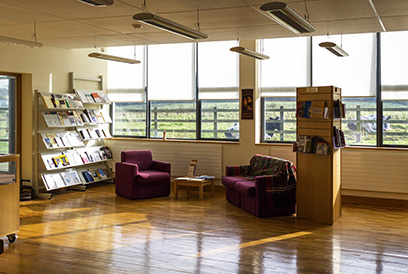
The Carmelite Library, located in Gort Muire, Dublin, can be accessed by appointment.
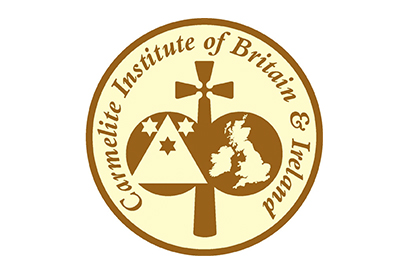
The Carmelite Institute of Britain and Ireland (CIBI) provides distanced-learning courses in Carmelite Spirituality.
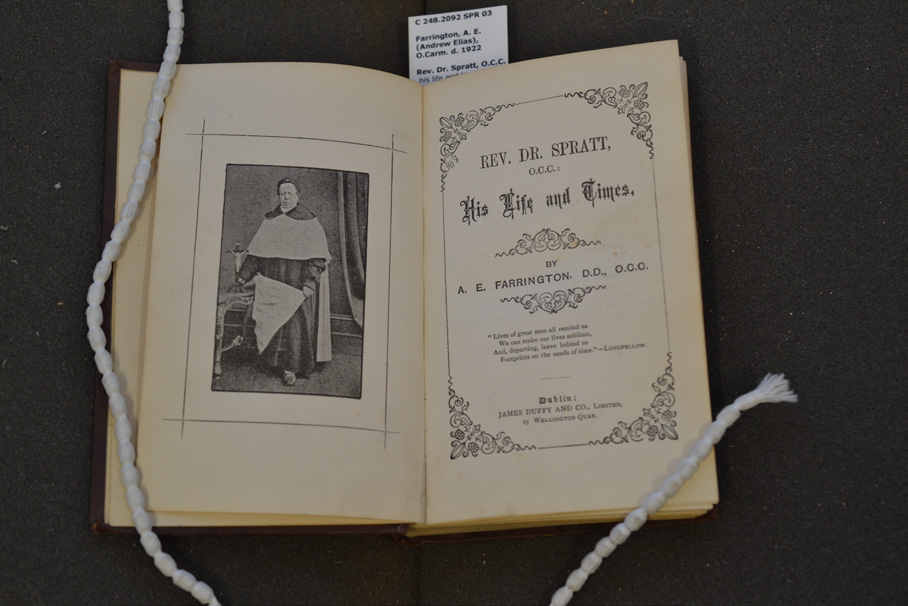
The Carmelite Archive, located in Gort Muire, Dublin, can be accessed by appointment.
Our website uses cookies to give you the best online experience. Please see our cookies page for further details or agree by clicking the 'Accept all cookies' button. Alternatively, please click the Cookie settings button to adjust which cookies this website stores during your visit.
Below you can choose which kind of cookies you allow on this website. Click on the "Save cookie settings" button to apply your choice.
FunctionalOur website uses functional cookies. These cookies are necessary to let our website work.
AnalyticalOur website uses analytical cookies to make it possible to analyze our website and optimize for the purpose of a.o. the usability.
Social mediaOur website places social media cookies to show you 3rd party content like YouTube and FaceBook. These cookies may track your personal data.
AdvertisingOur website places advertising cookies to show you 3rd party advertisements based on your interests. These cookies may track your personal data.
OtherOur website places 3rd party cookies from other 3rd party services which aren't Analytical, Social media or Advertising.

This content is blocked. Accept cookies within the '%CC%' category to view this content.